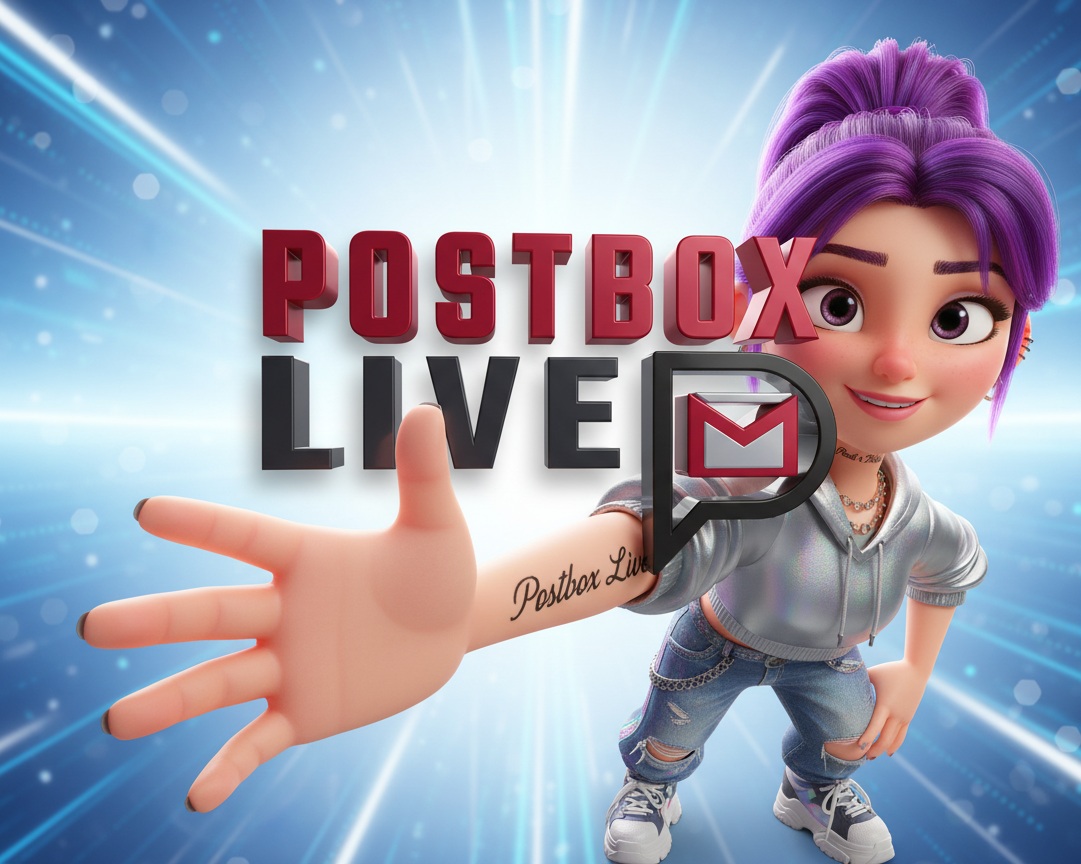OpenAI’s Shift from Nonprofit to Profit-Driven:
A Closer Look
From Nonprofit to “Capped-Profit”
OpenAI, the creator of ChatGPT, was initially founded in 2015 as a nonprofit. The organization aimed to ensure that artificial intelligence would benefit all of humanity. However, just four years later, in 2019, it shifted to a “capped-profit” model. This structure allowed investors to earn returns but limited the potential for unlimited profits.
A Push Toward Full Profitability
Recently, the Financial Times reported that OpenAI is planning to eliminate its nonprofit status. According to the report, the company is currently in discussions to raise more capital, potentially pushing its valuation above $100 billion. If true, this would position OpenAI as one of Silicon Valley’s most valuable companies.
In response to the report, OpenAI stated in a letter to the Financial Times that the nonprofit entity remains central to its mission. “We remain focused on building AI that benefits everyone,” the letter stated. The company emphasized ongoing collaboration with its board to ensure alignment with its mission.
Elon Musk’s Legal Battle
Elon Musk, a co-founder of OpenAI who left in 2019, has been vocal about the organization’s drift from its original mission. Last month, he filed a lawsuit against OpenAI, alleging that it had abandoned its commitment to benefit humanity by entering into a $10 billion deal with Microsoft. Musk had filed a similar suit earlier, which was later dropped.
Musk tweeted, “Either turning a nonprofit into a for-profit is legal and everyone should be doing it, or it’s illegal and OpenAI is a house of cards.”
Interestingly, internal emails released during Musk’s legal proceedings suggest he may have supported the for-profit transition initially. These emails imply that Musk could be acting out of frustration over missing out on a highly profitable venture.
Future Uncertainty
According to the Financial Times, OpenAI has not finalized its decision to dissolve the nonprofit structure. However, removing the current investor profit caps would mark a significant departure from its founding principles.
Given OpenAI’s rapid shift toward commercialization under CEO Sam Altman, the potential move isn’t entirely unexpected. Despite operating under a capped-profit model, the company continues to attract massive investments. Critics argue that the public benefits promised by the organization remain largely undefined and unmet.
Conclusion
OpenAI’s transformation from a mission-driven nonprofit to a profit-oriented enterprise raises critical questions about the future of AI development. As the organization continues to court enormous investments, it must also confront the growing skepticism surrounding its commitment to the public good.

